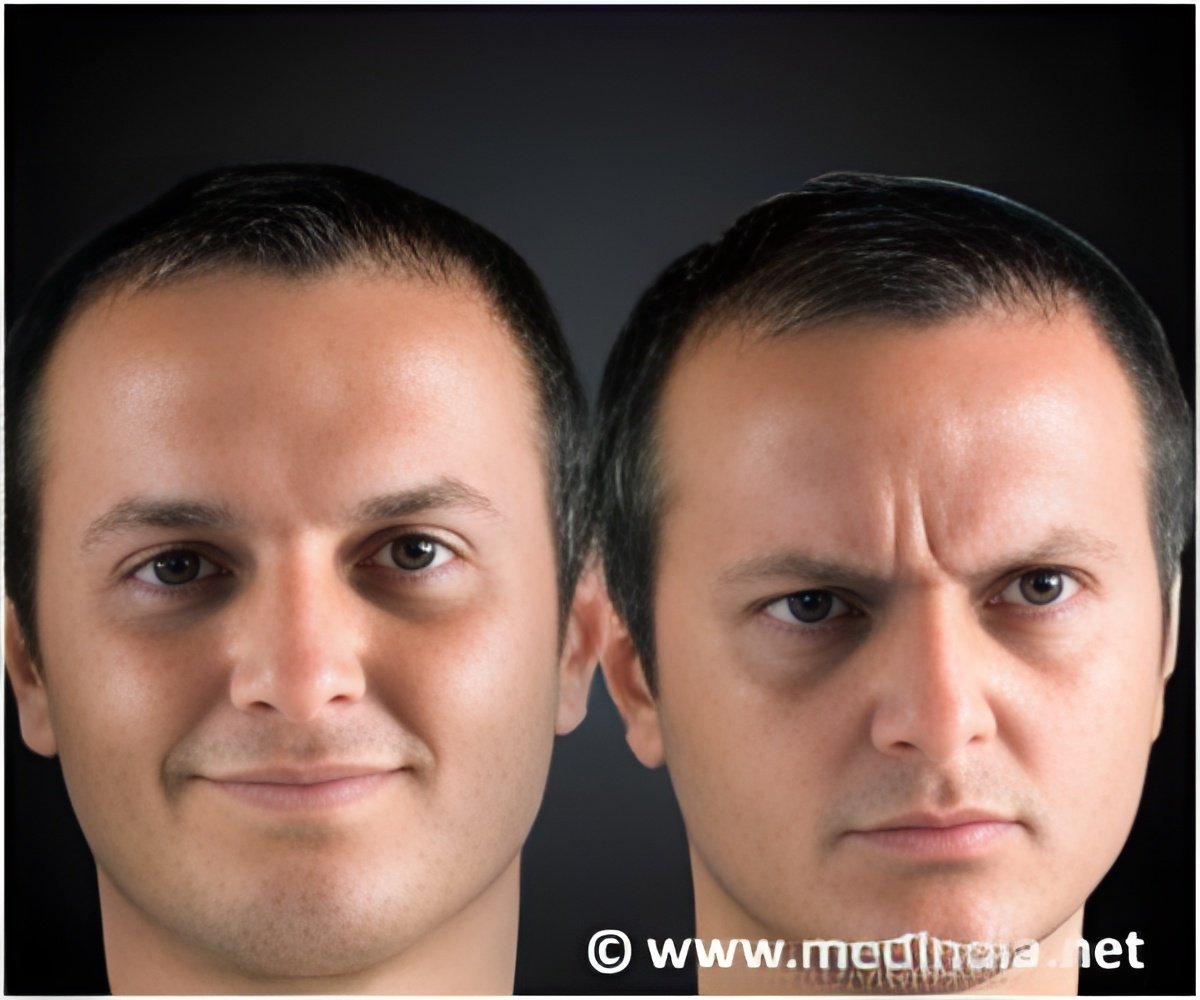Researchers has shown that circuits in the brain involved in pursuing and relishing rewarding experiences are more strongly activated in people with bipolar disorder - guiding them towards riskier gambles and away from safer ones.

The findings will help to design, evaluate and monitor therapies for bipolar disorder. Patients with bipolar disorder experience episodes of depression and mania (periods of intense excitement and irritability, often leading to very risky behaviour) which occur unpredictably. It is one of the most serious and difficult to treat forms of mental illness, associated with reduced life expectancy, a high risk of suicide, and sometimes persistent impairment of work and social relationships.
In recent years, a number of people in the public eye, such as Stephen Fry and Catherine Zeta-Jones, have spoken openly about their diagnosis of bipolar disorder, raising awareness of the condition. But problems with social stigma, stereotypes, and prejudice against sufferers are still widespread.
The Medical Research Council funded study will look at the neuroscience underlying the risky decisions made by bipolar patients. Researchers Dr Liam Mason and Professors Wael El-Deredy and Daniela Montaldi at The University of Manchester, in collaboration with Professor Richard Bentall and Dr Noreen O’Sullivan at the University of Liverpool, invited participants to play a game of Roulette in which they made safe or risky gambles. The researchers measured their brain activity throughout using functional magnetic resonance imaging (fMRI).
Their findings revealed a dominance of the brain’s "pleasure centre" which drives us to seek out and pursue rewards, responding to them automatically – before conscious awareness kicks in. This ancient brain area, called the nucleus accumbens, was more strongly activated in people with bipolar disorder compared to a healthy control group.
Another key difference arose in the prefrontal cortex, a recently evolved area of the brain which is associated with conscious thought. Much like the conductor of an orchestra, it gives us the ability to coordinate our various drives and impulses – such as quelling our urges when faced with risky decisions – allowing people to make decisions that are less immediately rewarding but better in the long run. The researchers found that for control participants, their prefrontal cortex guided them towards safe gambles and away from risky ones. For the people with bipolar disorder the balance swung the other way: greater neural activity for risky gambles.
Professor Richard Bentall said, "This study shows how we can use the new tools of neuroscience to better understand the psychological mechanisms that lead to a psychiatric disorder which, until now, has been very difficult to understand."
Source-Eurekalert
 MEDINDIA
MEDINDIA



 Email
Email










